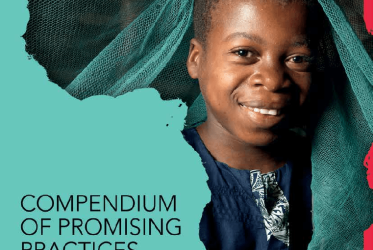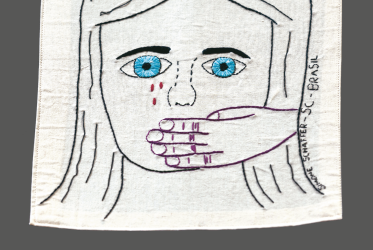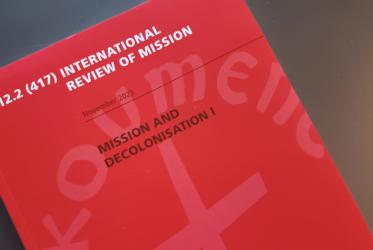The issue includes the homilies by the Ecumenical Patriarch HAH Bartholomew I at the opening prayer of the meeting of the WCC central committee in June, recalling the founding of the WCC, and by the moderator of the central committee, Bishop Dr Heinrich Bedford-Strohm, at the ecumenical celebration to mark the anniversary at Saint Pierre Cathedral in Geneva.
In a separate article, Bedford-Strohm sets out the main issues facing the WCC as it commemorates its 75th anniversary and following its 11th Assembly in Karlsruhe in 2022. One of the challenges that will face the council in the coming years is that of ecumenical diakonia, and the issue includes an article by the WCC general secretary, Rev. Prof. Dr Jerry Pillay, on “Contested spaces of diakonia – Seeking justice, safety, and wellbeing.”
Rev. Dr Odair Pedroso Mateus, who retired as director of the WCC's Commission on Faith and Order at the end of 2022, imagines himself in his article as a participant at the WCC’s founding assembly in Amsterdam, writing a set of short notes about the proceedings of the gathering.
This year also marks another ecumenical anniversary when in March 1973, the Leuenberg Agreement was adopted. This brought Lutheran, Reformed, and United churches in Europe into church communion, the result of a process conducted under the aegis of the WCC’s Faith and Order commission.
One of those involved was Rev. Dr Konrad Raiser, then a young staff member in the WCC's Faith and Order secretariat, and later WCC general secretary from 1993 to 2003. In his article, he reflects on the methodology that was used to arrive at the agreement, and its potential for progress in ecumenical efforts.
The Leuenberg Agreement led to the creation of the Communion of Protestant Churches in Europe (CPCE), and Rev. Prof. Dr Elisabeth Gangloff-Parmentier, CPCE president from 2001 to 2006, and dean of the faculty of theology of the University of Geneva, reflects on how the CPCE can place its contemporary potential at the service of the peoples of Europe.
For historical reasons, six Latin American churches are also signatories to the Leuenberg Agreement and Rev. Sonia Skupch, from the Evangelical Church of the River Plate, explores the significance of the agreement for the churches in the Southern Cone of South America.
Sixty years ago, the Second Vatican Council (1962–65) was in progress in Rome, opening up new ecumenical possibilities, including the Joint Working Group (JWG) between the Roman Catholic Church and the World Council of Churches, which was founded in 1965. Dr Annemarie C. Mayer, a Roman Catholic member of the JWG, offers an assessment of its work of the group against the background of its report presented to the WCC's 11th Assembly in Karlsruhe.
As this issue of The Ecumenical Review was being prepared, news arrived of the death of Lay Canon Dr Agnes Abuom, who guided the WCC as moderator of its central committee from its 10th Assembly in Busan in 2013 to the 11th Assembly in Karlsruhe in 2022. The issue opens with a tribute to Dr Abuom, including the eulogy given at a memorial service in Nairobi on 13 June 2023 by her daughter, Tabitha Chepkwony, and the words offered at the service by the WCC general secretary.
Table of Contents of the latest issue
Open Access articles in this issue of The Ecumenical Review:
Heinrich Bedford-Strohm: Ecumenism of the Heart as a Path to Unity






